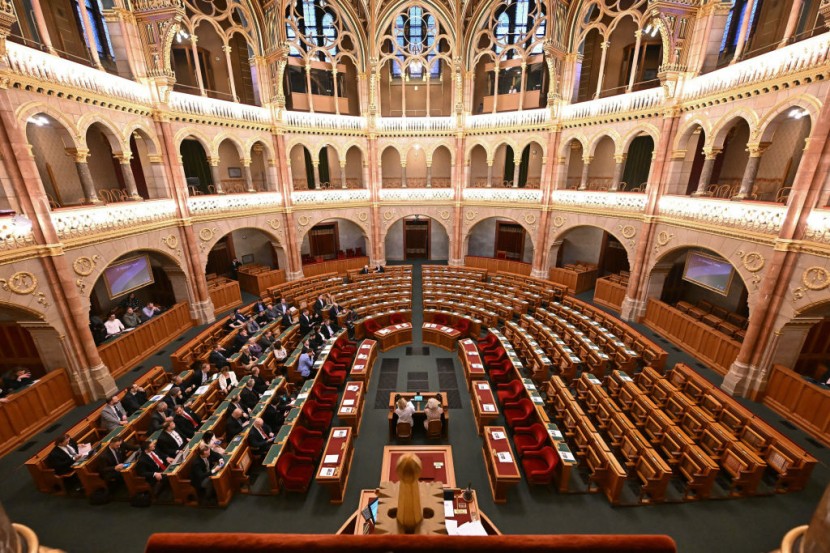Hungary's ruling Fidesz party has boycotted a session of parliament called by the opposition to ratify Sweden's NATO membership, even as a group of Western ambassadors arrived in the building to urge a vote.

For months, Hungarian Prime Minister Viktor Orbán assured NATO counterparts that Hungary would not be the last to sign off on Sweden's membership. However, Orbán went back on his word when Turkey ratified the Swedish bid last month, leaving Hungary as the main obstacle.
Orbán publicly promised NATO's secretary general, Jens Stoltenberg, that he would urge parliament to "conclude the ratification at the first possible opportunity" - only to abandon his word when he did not show up to a session initiated by the country's opposition, reported The Guardian.
In a symbolic move, a group of 16 diplomatic representatives, including the American ambassador in Budapest, David Pressman, arrived at Hungary's parliament on Monday.
Pressman, who in an interview with the Guardian last month described Washington as "disappointed" by Budapest's failure to act, told reporters after the session: "Sweden's NATO accession is an issue that directly affects the United States national security, and it affects the security of our alliance as a whole."
"The prime minister pledged to convene parliament and urge parliament to act at its earliest opportunity. Today was an opportunity to do that - and we look forward to watching this closely and to Hungary acting expeditiously," the American diplomat added.
The Associated Press revealed a bipartisan group of U.S. lawmakers last week called on Orbán to immediately ratify Sweden's bid, saying patience with Hungary is "wearing thin" as it continues to delay its approval.
In a separate statement, U.S. Sen. Ben Cardin, a Maryland Democrat and chair of the Senate Foreign Relations Committee, raised the prospect of imposing sanctions on Hungary for its conduct, and called Orbán "the least reliable member of NATO."
Following the session on Monday, Agnes Vadai, a lawmaker with the liberal Democratic Coalition party, said that Orbán's conduct has "put Hungary into a very humiliating position," and that there was "no reason" for his government to have blocked Sweden's NATO membership.
"I think that it's very personal for Orbán, and it's also very irrational what is he doing despite all the pressure that's coming," she told The Associated Press. "He himself should understand that (Sweden's membership) is going to serve the interests and the security of the Hungarian society."
Hungary's parliament is scheduled to reconvene on Feb. 26. But Vadai, the lawmaker, said there was no guarantee that Orbán's party would commit to a swift approval.
"I'm not sure whether the opening session will start with the Swedish ratification, unfortunately," she said.
© 2026 HNGN, All rights reserved. Do not reproduce without permission.









